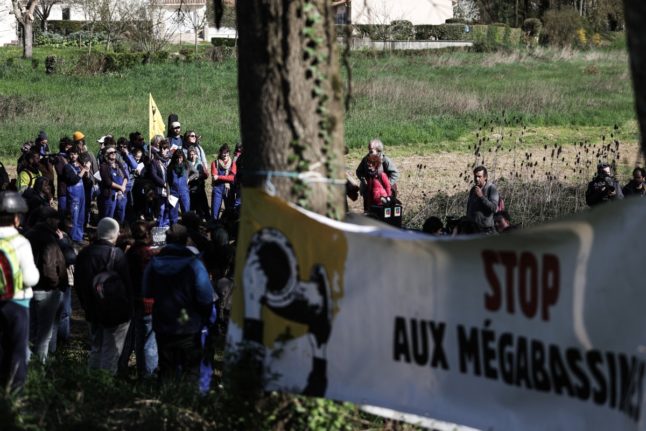With the help of French language expert Camille Chevalier-Karfis, founder of French Today, we have put together this list of ways to expand beyond oui.
Oui – this is the basic yes, but also the one to use if you’re in a formal situation. Interviews at the préfecture, talking to your bank manager or a job interview is not the time to branch out, stick to oui or for extra politeness oui monsieur/oui madame.
WITH AUDIO – the different ways to say yes in French
Ouais – this is the more casual version of oui, it’s roughly equivalent to yeah or yep. It’s not rude but it’s certainly casual so your French teacher might take a dim view of you using it in class.
Mouais – this is really a contracted version of Mmmm, ouais and you use it when you’re agreeing slightly doubtfully to something.
Tu aimes ça, les brocolis? Mouais – You like broccoli? Yeah, kinda
Ben ouais – the French ben, pronounced bah, baaah or baaaaaaaaaaaaaaaaah depending on how much emphasis you want to give, is a sound that you will hear all the time in France. It is often paired with oui or ouais to really give emphasis to your agreement.
Tu aimes les croissants ? Ben ouais, c’te question !! – You like croissants? Of course, what kind of question is that?!
Oui oui – the subject of much immature sniggering in French classes (because it sounds like wee-wee, the childish way to say urine), the double oui is used a lot in France.
Chéri, tu viens ? Oui, oui, j’arrive – Honey are you nearly ready? Yes, yes, I’m coming
Je peux le faire demain ? Oui, oui, c’est bon – Can I do it tomorrow? Yes, of course that’s fine
Mais oui – keep this one for when you’re upset or irritated. It is used in France, but it’s not just a casual option for an agreement, it carries a sense of annoyance, anger or irritation or that the question you’ve just been asked is stupid.
It’s a useful one to use, but make sure that you know the impression that you’re giving before you say it. Likewise, mais non is used if you’re really upset about something or the person that you’re talking to is being completely unreasonable.
Inhaled oui – there’s also a version of oui that is aspirated or inhaled – it’s frankly quite difficult to explain so we made this video.
So as we have established, oui is a very versatile word. But the French language also has other options for agreeing.
Si – this is a truly useful word that we think English should have too. It means yes, but in a very specific context – when you’re disagreeing with a negative.
Tu n’aimes pas Paris? Mais si ! Bien sûr que si j’aime Paris !! – You don’t like Paris? Yes! Of course I like Paris
It makes very clear what you mean and does away with those confusing conversations ‘No, I like it’ – ‘You mean that no you don’t like it, or no you do like it etc’. For extra emphasis you can say si si.
D’accord – OK or I agree
OK – OK is very widely used in France, often paired with d’accord or even oui – Oui, OK, d’accord, j’arrive – yes, alright, I’m coming
ça marche – that works. This is an informal one and it’s often used when you’re making arrangements.
Vendredi 18h ? Oui, ça marche – Friday at 6pm? Yeah, that works
Exactement – exactly
Certainment – certainly
Absolument – absolutely
Carrément – definitely (very casual)
Effectivement – yes, that’s right
Evidemment – yes, that’s obvious (often used in an angry or sarcastic way)
Pas de problème – no problem
Pas de souci – no worries, a more casual version of no problem, usually used by younger people
Bien sûr – of course
Bien entendu – yes, for sure (literally translates as ‘well heard’)
Avec plaisir – with pleasure. This is the one that you would use to accept an invitation.
Dîner chez moi dimanche ? Avec plaisir – Dinner at mine on Sunday? Yes, great.
Tout à fait – yes, exactly, precisely
C’est ça – that’s it, that’s right
En effet – yes indeed (usually used in a formal context)
You can read a fuller version of this article with Audio guides to the correct pronunciation on French Today – HERE.



 Please whitelist us to continue reading.
Please whitelist us to continue reading.
Certainment or certainEment?
One of my favorites is <> “gladly” when asked if I would like dessert or a bit more coffee.